Tags
ADHD adolescence attention autism book review boundary conditions classroom advice conference speakers constructivism/direct instruction creativity desirable difficulty development dual coding elementary school embodied cognition emotion evolution exercise experts and novices gender high school homework intelligence long-term memory math methodology middle school mind-wandering mindfulness Mindset motivation neuromyths neuroscience online learning parents psychology reading retrieval practice self-control skepticism sleep STEM stress technology working memoryRecent Comments
- How to Present at a Conference... |Education & Teacher Conferences on Enjoyment or Skill? The Case of Reading
- How to Present at a Conference... |Education & Teacher Conferences on Do *Goals* Motivate Students? How about *Feedback*?
- Roberta on Seriously: What Motivates Teachers to Be Funny?
- Revisiting the "Handwriting vs. Laptops" Debate: More Moving Goalposts |Education & Teacher Conferences on Handwritten Notes or Laptop Notes: A Skeptic Converted?
- The Power Of A Growth Mindset: How Students Can Overcome Challenges - Sunshine Blessings on The Rise and Fall and Rise of Growth Mindset
ABOUT THE BLOG
Tag Archives: neuroscience
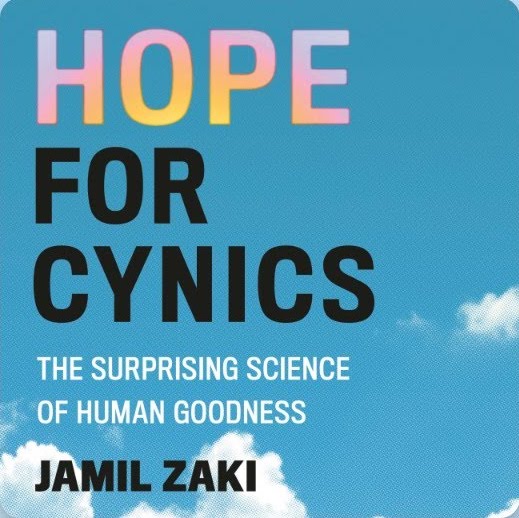
Hope for Cynics by Jamil Zaki
When I first picked up Hope for Cynics: The Surprising Science of Human Goodness by…
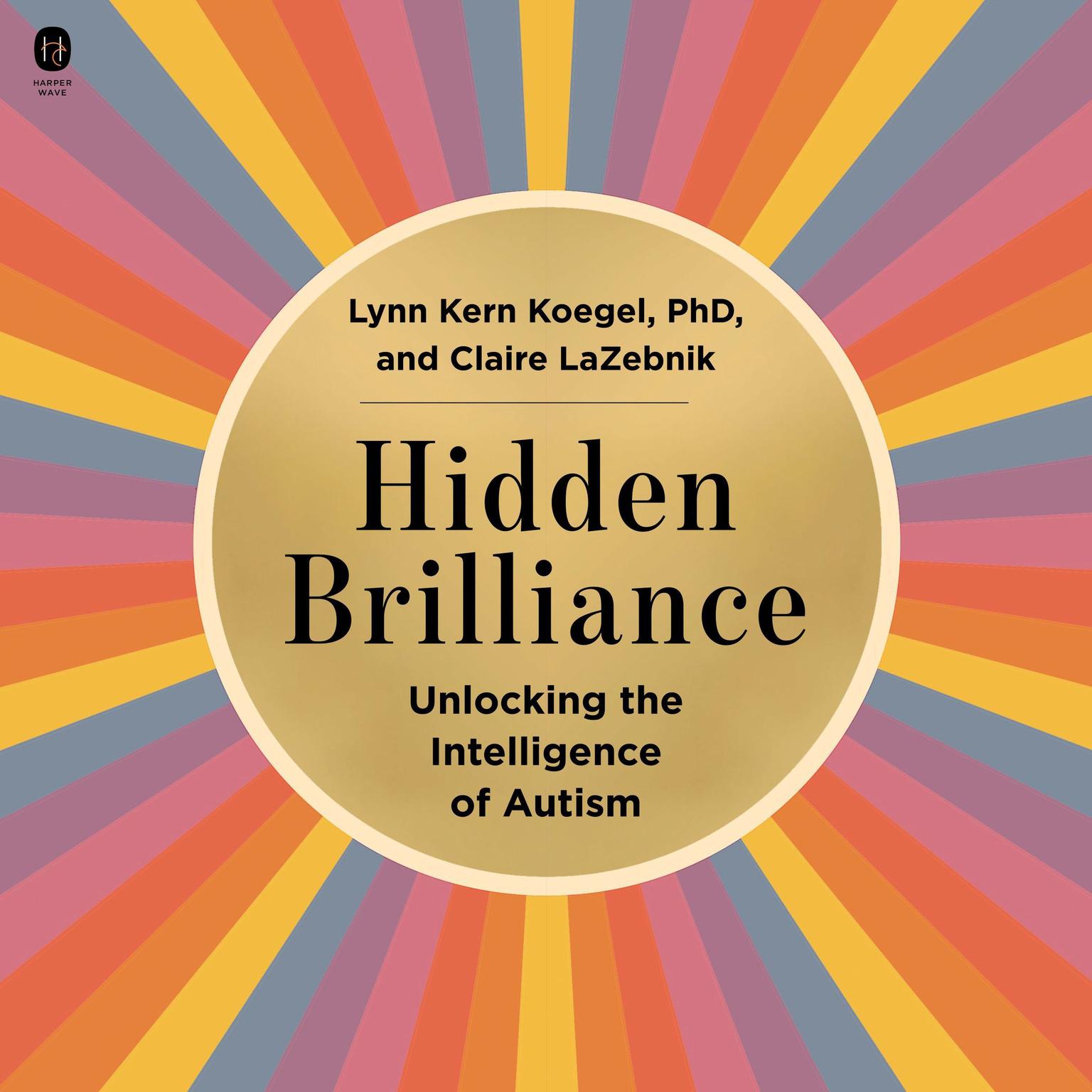
Hidden Brilliance by Lynn Kern Koegel & Claire LaZebnik
As parents and educators, we often find ourselves trying to mold children into the expectations…
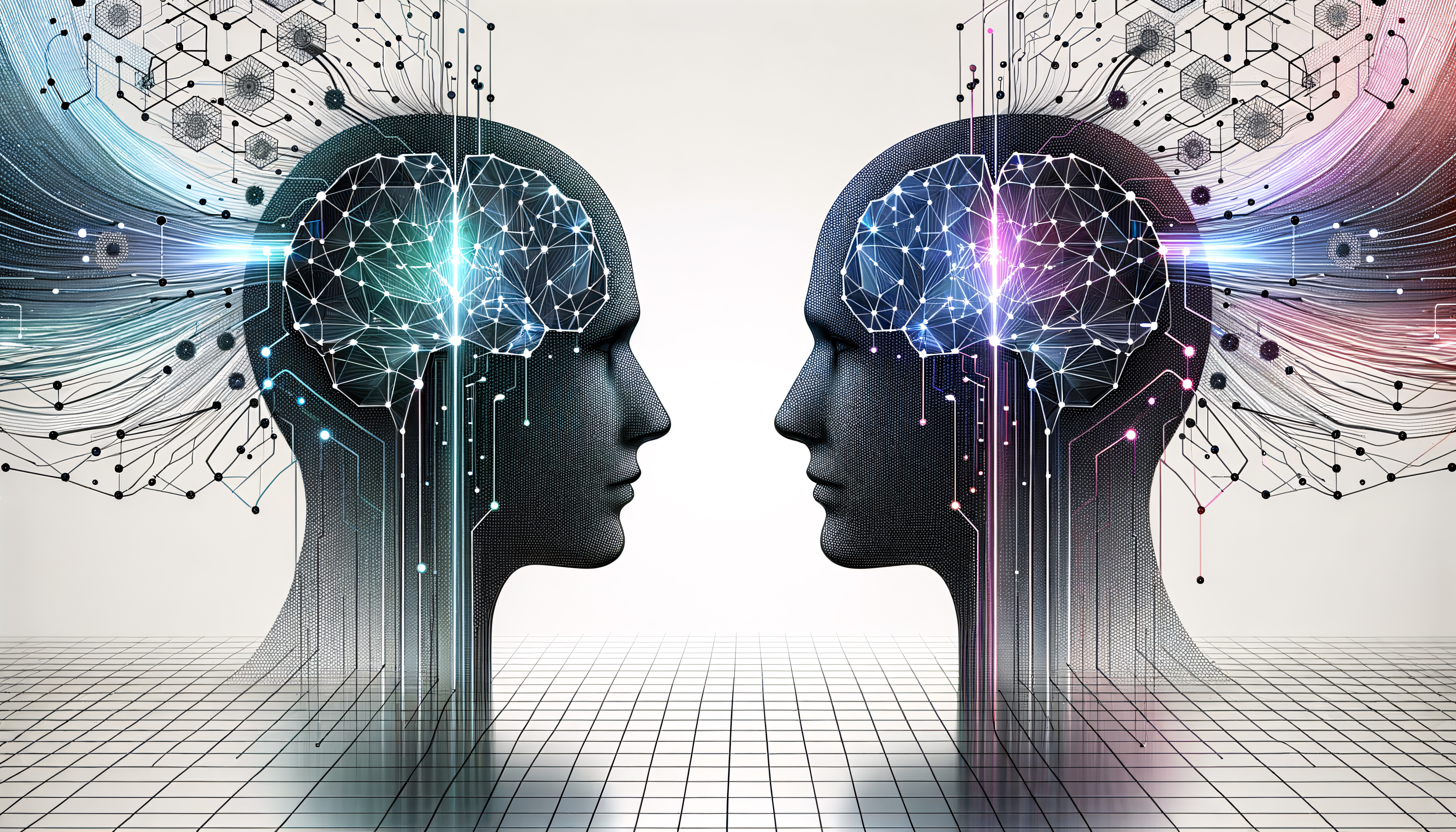
Should Teachers Be Excited about “Neural Synchrony”?
This blog — and this company — exist to give good advice to everyone who…
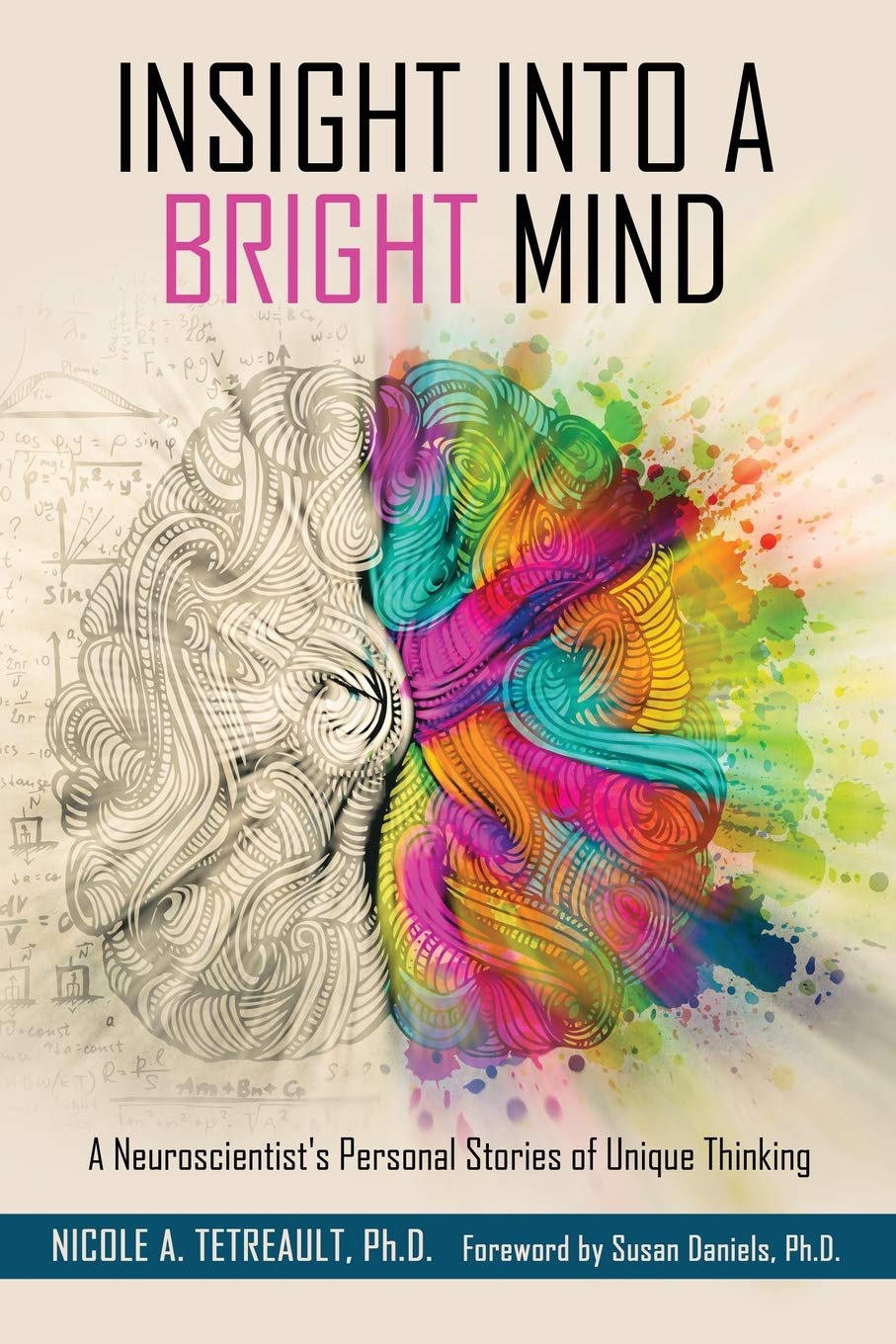
Insight into a Bright Mind by Nicole Tetreault
Insight into a Bright Mind: A Neuroscientist’s Personal Stories of Unique Thinking is a profoundly…
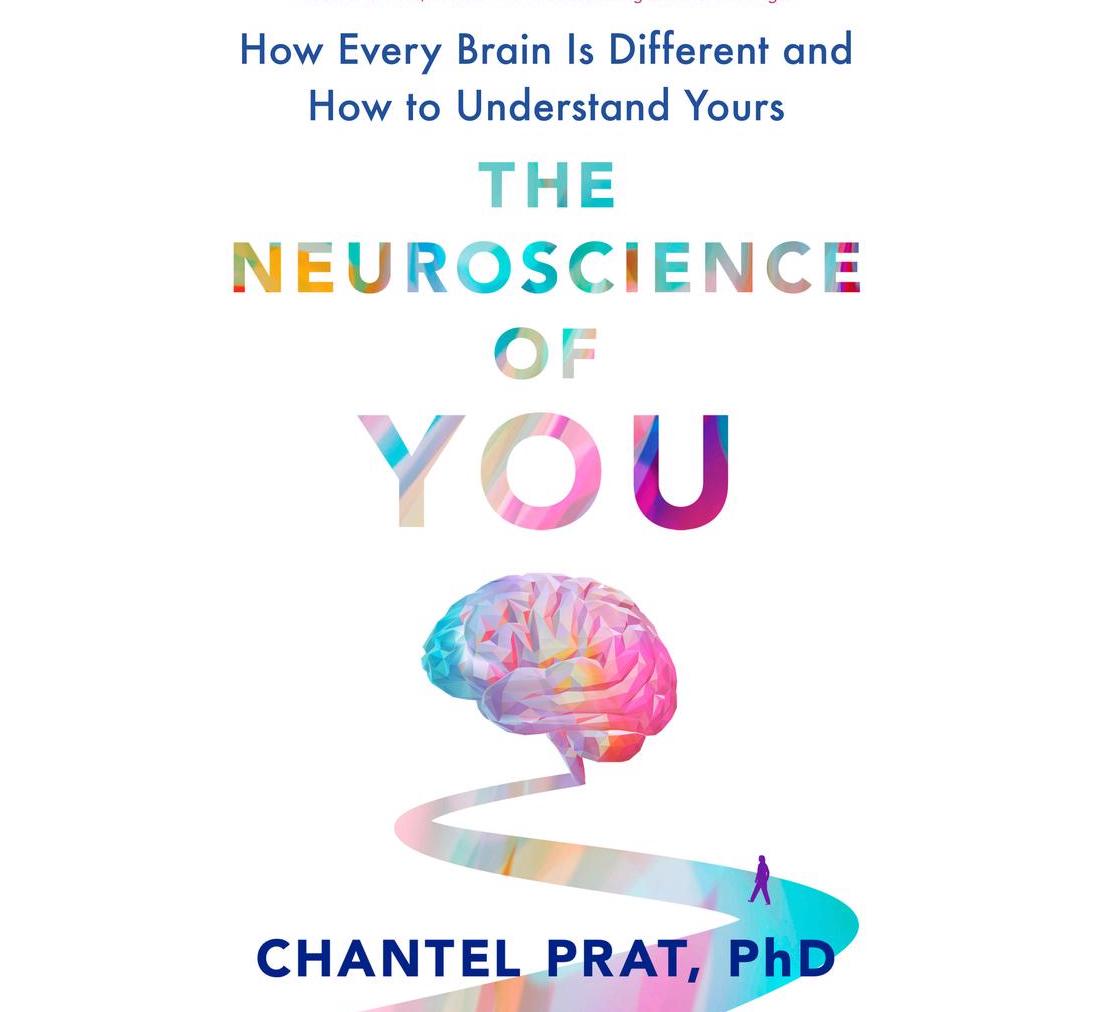
The Neuroscience of You by Chantel Prat
What a blast! Despite diving into countless neuroscience introductions, this journey felt uniquely enjoyable, resonating…
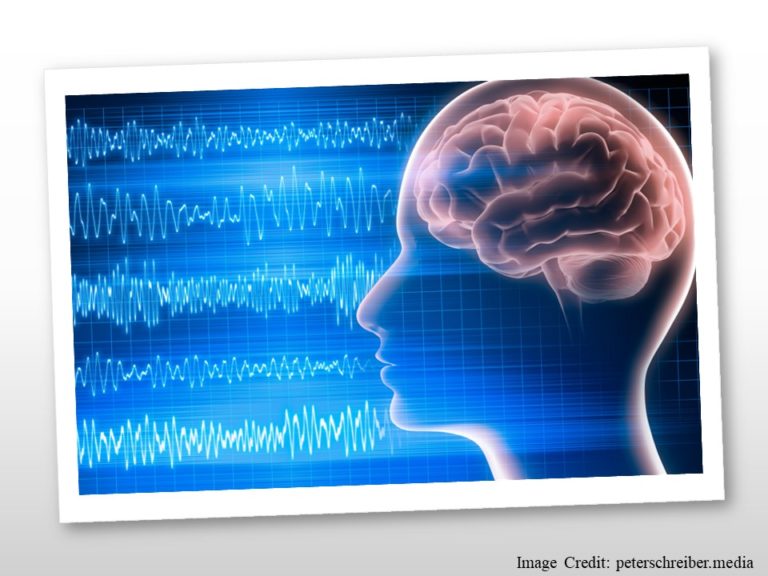
How Teachers Can Use Neuroscience in Education
I recently saw two very different looks at neuroscience and learning, and I thought they…
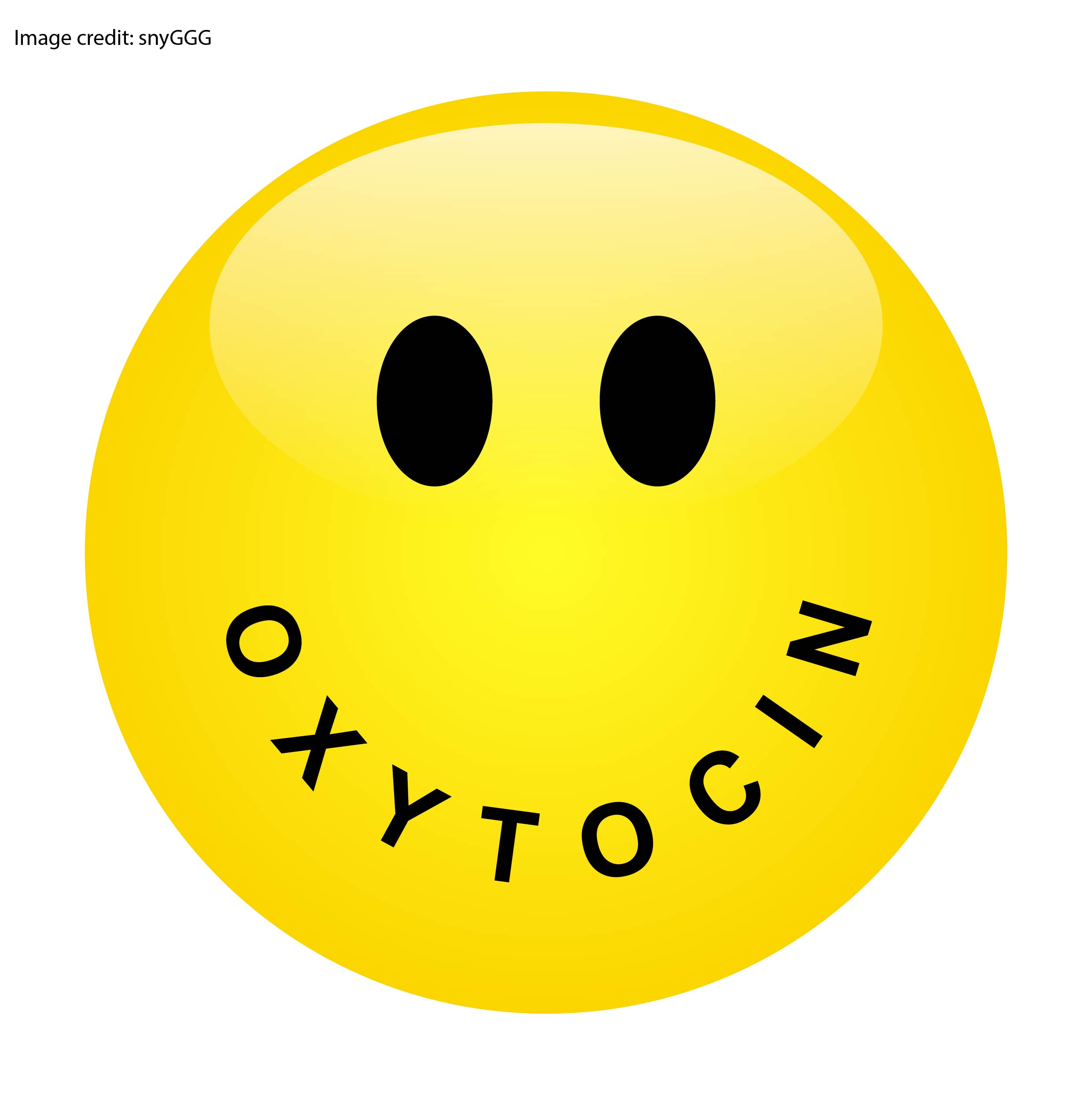
Warning: Misguided Neuroscience Ahead
I recently ran across a version* of this chart: As you can see, this chart…

“It’s Good for the Brain!”: The Perils of Pollution, the...
When I talk with teachers about psychology and neuroscience research, I frequently get a question…
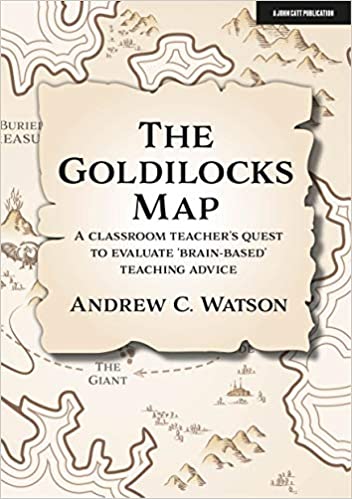
The Goldilocks Map by Andrew Watson
The Goldilocks Map: A Classroom Teacher’s Quest to Evaluate ‘Brain-Based’ Teaching Advice is an entertaining…
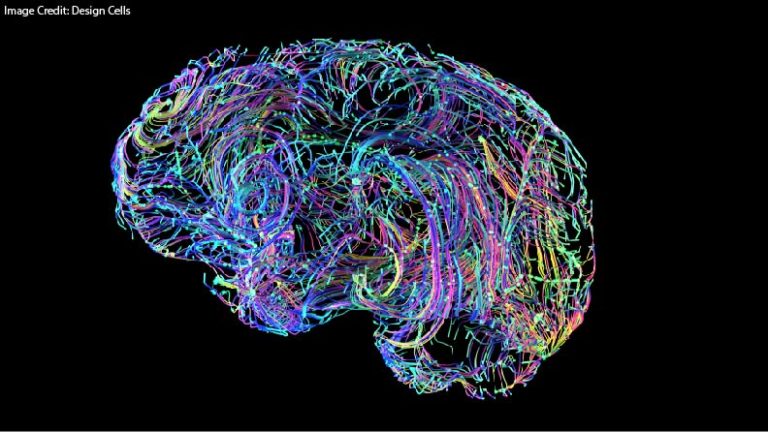
Understanding Adolescents: Emotion, Reason, and the Brain
Kurt Fischer — who helped create Learning and the Brain, and the entire field of…
